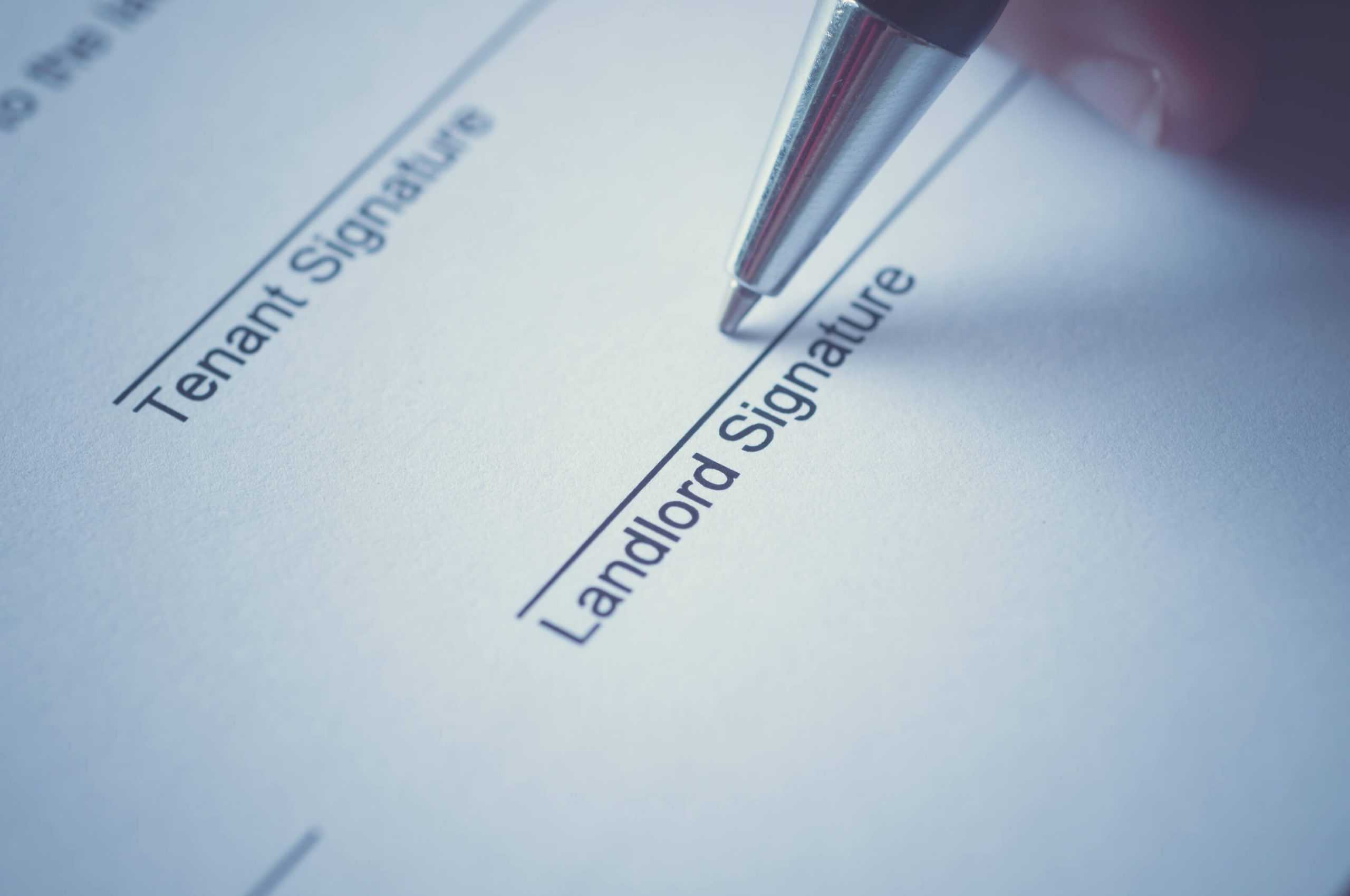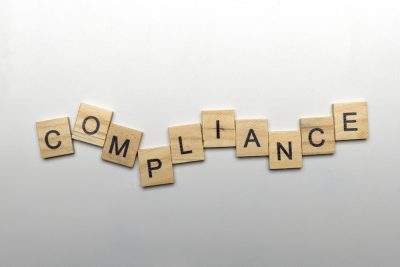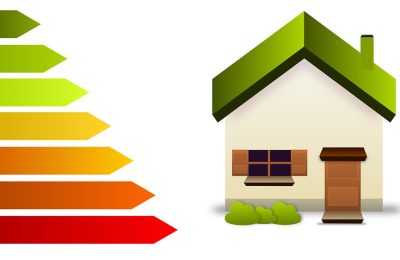There have been many changes to the legislation surrounding private rentals in Scotland over the past few years: from the Coronavirus (Scotland) Act 2020 affecting notice periods and evictions, to the Cost of Living (Tenant Protection) Act effectively freezing rental rates for existing tenancies, there has been much for landlords to keep abreast of.
But what are the latest legislations applicable to landlords in Scotland?
Landlord Registration
Did you know that in Scotland, it’s a criminal offence to rent out a property without registering as a landlord? Failure to do so could result in fines of up to £50,000 – so before going ahead with renting a property, make sure that you have applied for Landlord Registration at the Scottish Landlord Register website, or with the local council.
The Cost of Living (Tenant Protection) Act
Introduced in October 2022, the Cost of Living (Tenant Protection) Act [link to: https://www.legislation.gov.uk/asp/2022/10/contents/enacted] is an Act brought in by the Scottish Government in an effort to manage the impact of rising household costs during the cost of living crisis. The Act effectively enforces price caps on private rental rates, as well as providing tenants with additional eviction protections, and will be in place until 31 March 2024.
The Act means that most in-tenancy private rent increases are capped at 3%, but private landlords can apply for increases of up to 6%, to help cover certain increases in costs (if these apply to a specific time period, and can be evidenced).
The Act also means that most eviction actions are paused for up to six months, except in specified circumstances. These protections apply to private and social rent sectors, as well as purpose-built student accommodation, and follow on from the protections introduced during the coronavirus pandemic. This moratorium also means that additional damages can be awarded to tenants in cases where the landlord has enforced an unlawful eviction (amount of up to 36 months’ worth of rent).
Fire, Heat and Smoke Alarms
In February 2022, the Scottish Government made it law to ensure that every property, rented or owner-occupied alike, must have a series of interlinked smoke and heat alarms fitted. The alarms should be fitted in the room that is most often used by residents during the day, as well as in the kitchen, and in every hallway and/or landing.
For properties housing deaf or hard of hearing tenants who might not hear a standard alarm going off, new legislation specifies that additional accessories, such as flashing strobe lights, vibrating pads and mobile phone alerts, are made available to tenants to ensure their safety, and it is the landlord’s responsibility to provide this.
EPC Certification
The EPC rating of your property specifies its energy efficiency rating – you will have a copy of this if you have had a Home Report on the property within the past 10 years. There have been changes to proposals surrounding new legislation on EPC ratings for privately rented properties, but currently, proposals suggest that all privately rented properties must have an EPC rating of at least C at change of tenancy from 2025 onwards, with all properties required to meet the standard by 2028. However, recent updates suggest this is being reconsidered so that minimum standards may not be introduced until after 2025. In any case, it’s a good idea to consider what your property needs in order to be more energy efficient in the future.
Additional Dwelling Supplement
Anyone in Scotland who owns more than one residential property is liable to pay an Additional Dwelling Supplement, on top of the Land and Buildings Transaction Tax paid when purchasing the property. The Additional Dwelling Supplement applies to second homes or holiday homes, properties used by family and friends (even when rent isn’t charged) and rental properties.
The Additional Dwelling Supplement applies to properties valued at £40,000 or more, and to the purchases of properties by corporate bodies, companies, or trusts.
For properties purchased on or after 16 December 2022, the Additional Dwelling Supplement is charged at 6% of the purchase price.
Tenancy Deposit Schemes
All deposits paid by tenants must be placed in one of three Scottish Tenancy Deposit Schemes (TDS): Safe Deposit Scotland, My Deposits Scotland, or Letting Protection Service.
Legionella Risk Assessment
All rented properties in Scotland legally must have a risk assessment for legionella carried out which should identify any areas where legionella bacteria could grow and if treatment is required.
Additional Checks
All rental properties must have the following checks carried out to ensure tenants’ safety.
Gas Certificate: All gas appliances must be checked annually, and a certificate must be in place to confirm their safety.
Portable Appliance Test: All portable electrical appliances (for example, a toaster or washing machine) must be checked annually, and again, a certificate must be provided to show they are safe for us.
Electrical Installation Condition Report: All wiring and sockets must be checked regularly, ideally every three years.
If you’re considering becoming a private landlord, you could benefit from the advice and guidance of an experienced lettings agent, who can keep you on track with the latest legislation as it becomes relevant. Opting to have a professional letting agent manage your property is a great way to make sure that everything is above board and is safe, fair and appropriate for both you and your tenants.












